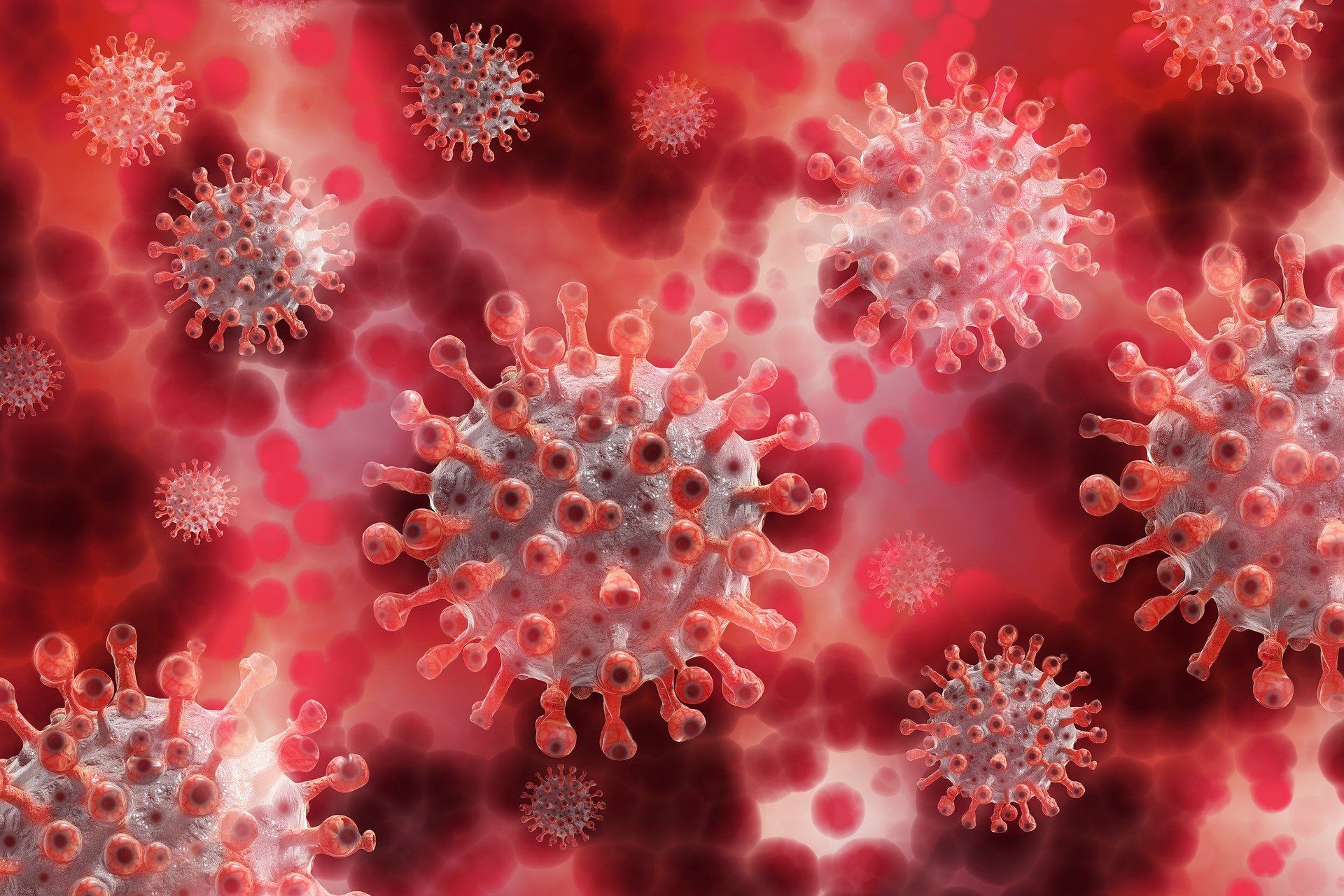Leonardo
Martinez, an infectious disease epidemiologist at Boston University, said, the
faster the omicron spreads, the more opportunities it gets for further
mutations, leading to more variants. There is still no way to confirm or predict the
arrival of the next variant, but there is no guarantee either that the future
variants will cause milder illness.
Also Read: Amid global COVID surge, WHO warns against treating omicron like the flu
“The faster omicron spreads, the more
opportunities there are for mutation, potentially leading to more variants,”
Leonardo told AP.
Also Read: WHO: Half of Europe will be infected by omicron in the coming weeks
“People
have wondered whether the virus will evolve to mildness. But there’s no
particular reason for it to do so. I don’t think we can be confident that the
virus will become less lethal over time,” said Dr Stuart Campbell Ray, an
infectious disease expert at Johns Hopkins University.
Also Read: China tightens COVID-19 restrictions as Tianjin battles omicron outbreak
Meanwhile,
UK’s Scientific Advisory Group for Emergencies said there will be a fresh wave
of omicron cases in the early summer as people resume social activities and the
immunity achieved in the ongoing surge reduces, The Guardian reported.
Also Read: BioNTech pairs up with British AI firm to determine if omicron variant should be a concern
According
to experts, omicron is likely to cause reinfections. People infected with Delta
or other previous variants or even omicron may get reinfected. It is a
possibility that the virus becomes milder like a common cold but viruses don’t
always get less deadly over time. Omicron’s initial behaviour has kindled the
hope. There are many possible avenues for evolution, the AP report said.
Animals could potentially incubate and unleash new variants. Another possible
avenue for omicron is to create Frankenvariants with Delta, hybrids with
characteristics of both Omicron and Delta.
Also Read: US CDC may update mask guidance, suggest usage of N95s: Report
In
November, a Canadian epidemiologist and researcher Dr Doug Manuel said there
are still more questions than answers about the new “Frankenstein” coronavirus
variant.
Also Read: Omicron may not be stopped by cloth masks, study suggests
However,
scientists are still searching for ways to predict the virus’s next moves. They
are tracking the effects of the mutations in the variants that have arisen so
far, while watching out for new ones. They expect omicron eventually to evolve
more predictably and become like other respiratory viruses — but when this
shift will occur, and which infection it might resemble is not clear.







